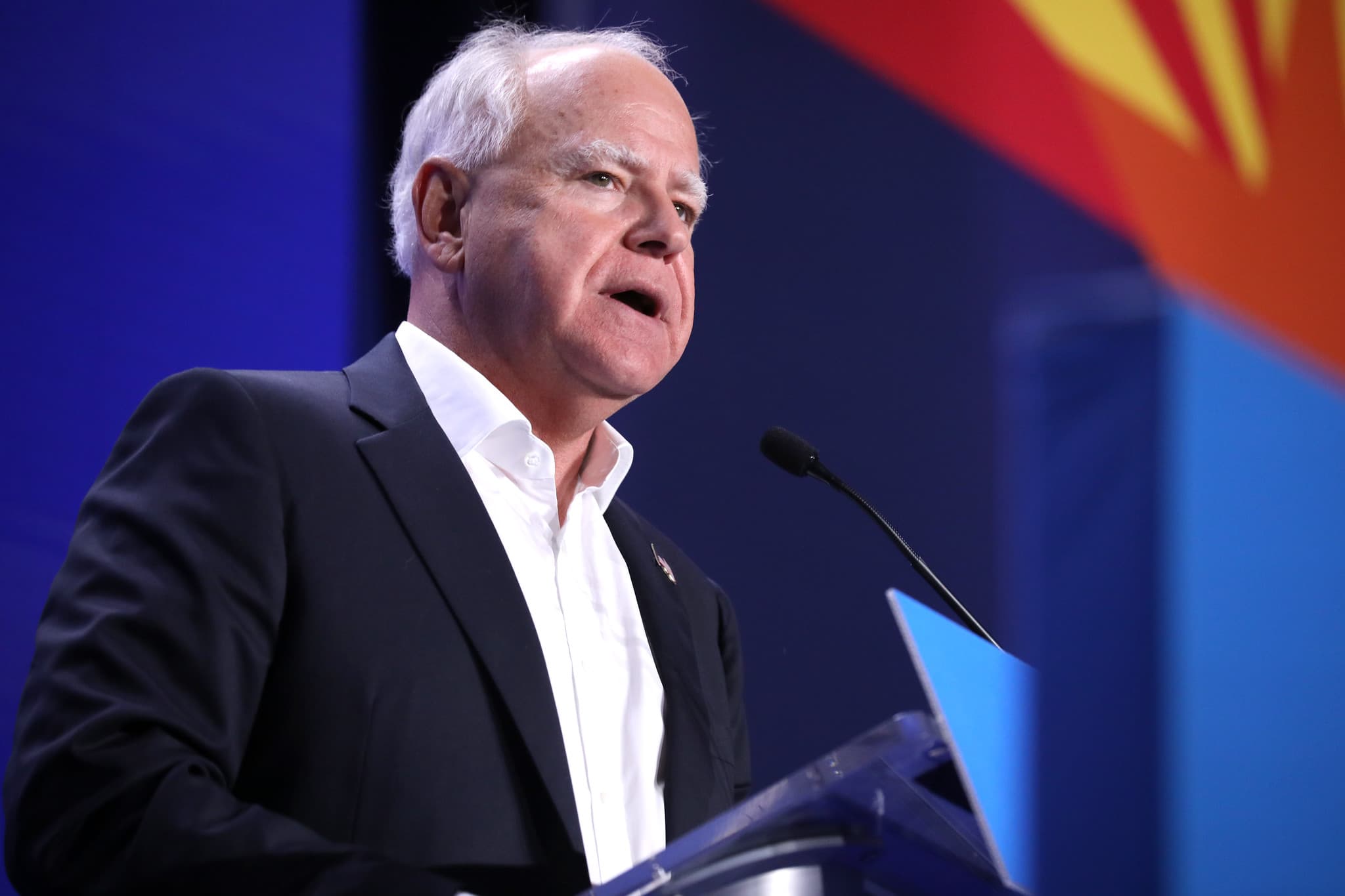Are There More Democrats In Texas Than Republicans?

Texas is an open partisan primary state, which means it does not have to register voters by party affiliation. When voters go to the polls in the primary, they can freely choose between a Republican and a Democratic ballot.
What many Texans don’t know is when they vote in a party’s primary, their party choice is recorded in their voter file.
In other words, while they may not register with a party, the state treats them as a registered Republican or a registered Democrat or an independent voter depending on how they vote in taxpayer-funded elections.
Further, research groups use this data — along with other datapoints like participation in local elections – to determine what voter registration in Texas really looks like.
With so much attention on the 2025 redistricting fight in Texas, the Independent Voter Project has received several inquiries into the registration numbers it has recorded on its popular state-by-state primary map.
This makes sense – voters want to know what an accurate reflection of the Texas electorate looks like in the midst of a contentious redistricting fight.
However, the thing that surprises many people is that current figures show Democrats outnumber Republicans in Texas. This may seem strange considering how much control Republicans have in the state.
Total Registered Voters: 17,485,702
- Democrats: 8,133,683 (46.52%)
- Republicans: 6,601,189 (37.75%)
- Unaffiliated: 2,750,830 (15.73%)
These numbers were provided by L2 Data on August 8, 2025.
L2 is the nation’s leading independent voter data and technology firm. Over the last half century, L2 has set the industry standard for having the most comprehensive voter files and data modeling available.
L2 provides nationwide services, including voter data for each state.
What L2 Says About Party Affiliation in Texas
L2 Business Development and Marketing Executive Paul Westcott explained how the Texas model breaks down voters by party affiliation:
Texas voters do not register by party. However, when those voters participate in a partisan primary, that ballot choice is recorded and reported on the state voter file. In the absence of stronger indications (e.g. partisan political contributions or identification due to the holding of partisan public office) the most recent even-year partisan primary ballot is used.”
He added that “Texas reports participation in presidential preference primaries in which large percentages vote, particularly in the Republican races.”
In the absence of any even-year partisan primary participation, the most recent odd-year local partisan primary is used. This information is supplemented through the use of modeling analytics. Likely races in major urban areas play a major role in that modeling.”
In other words, L2 draws from several datapoints to construct an analytical model of how voter registration breaks down, including races in major cities and urban areas that have a heavy concentration of eligible voters compared to rural areas.
Notably, the numbers provided by L2 mean that the most consequential voting bloc in Texas are not Republicans – nor are they Democrats. It’s the 2.75 million voters that have been identified as being independent of either major party.
So, while many people may ask how it’s possible that Democrats outnumber Republicans in a state that has been politically dominated by the GOP for decades, the bigger question is:
Has Texas actually been a purple state this whole time?
 Shawn Griffiths
Shawn Griffiths





